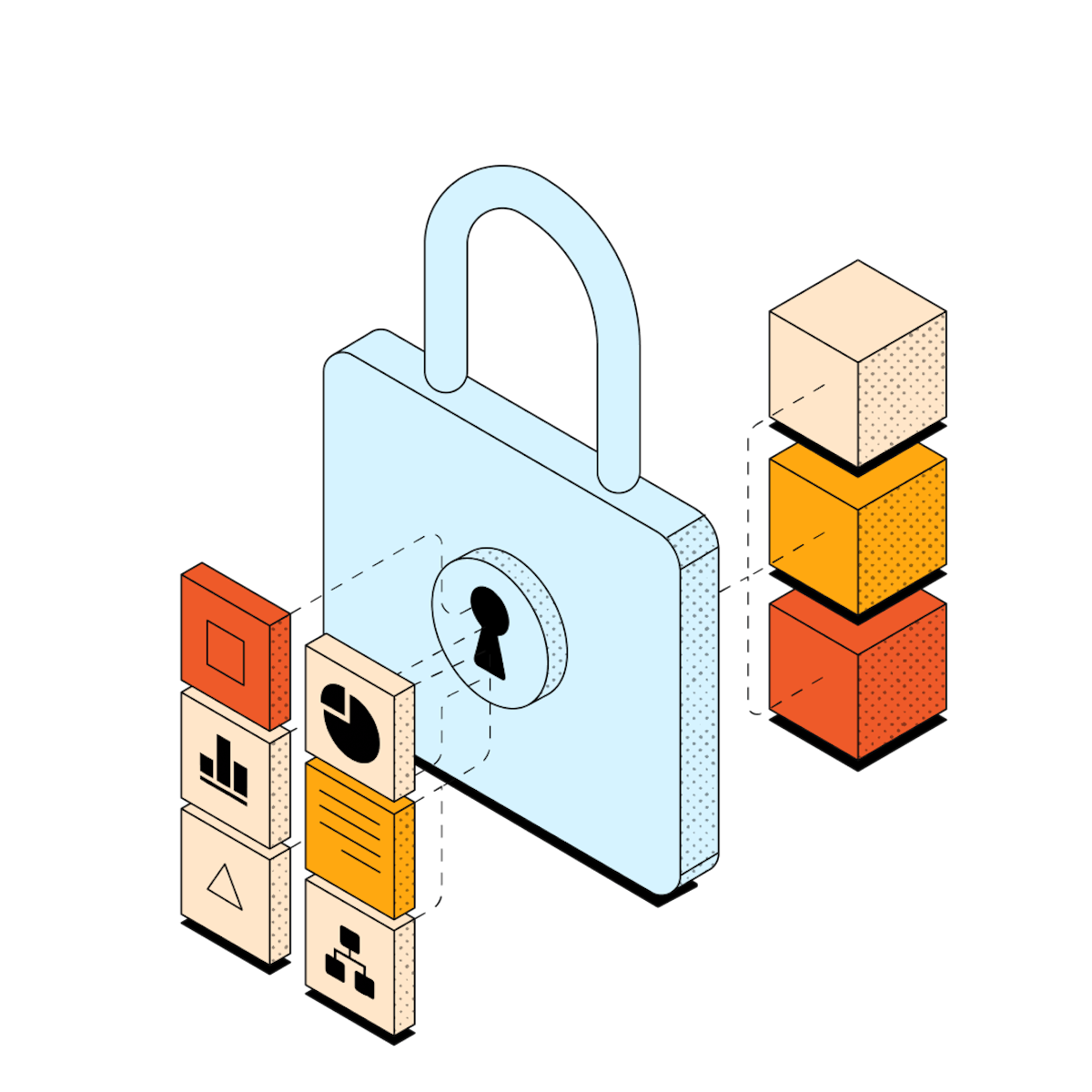How to simplify your SaaS stack and keep your data secure.
Coda now offers enterprise admins more control over their workspace than ever before.


Vidhya Bhat
Product Manager at Coda
Blog > IT teams · 5 min read
Increasing efficiency and visibility with Packs.
Enterprises are increasingly turning to Coda for their collaborative docs due to our strong integration capabilities and flexible feature set that work across different teams. With Packs, we support seamless integrations that are critical for enterprises to run their operations. In fact, Coda integrates with more than six hundred tools, such as Jira, Salesforce, Asana, and many more. Packs are a game-changer for enterprises—they empower a company’s users to build workflows and app-like docs, making Coda a one-stop shop for enterprise teams looking to automate tedious processes, streamline their workflows, and increase efficiency. They provide real-time data synchronization, which means teams always have the most up-to-date information. With recent launches like two-way sync, teams can not only sync information into Coda but also push information back into other tools. All of this leads to cost savings and increased productivity. While Packs are incredibly secure and provide a ton of value to customers, enterprises often have stricter security policies in place that require more granular control over what data is synced and who has access to it.Keeping sensitive data secure.
We noticed that our customers wanted to use Packs to build powerful solutions on Coda to drive business efficiency, but were blocked on IT. When we talked to admins, we realized that they didn’t want to stop users from using certain Packs, but had to disable the entire Pack because they didn’t want to sync specific sensitive information or take specific actions. Admins lacked the ability to disable just parts of a Pack that were considered sensitive, so they would disable the entire Pack, which was hurting customers. My team studied how other enterprise products manage permissions on integrations and realized not many of them offer a solution that scales to all integrations. The controls were either bespoke to a single Pack or they lacked the functionalities we heard from customers. We then decided to look at AWS IAM configs for inspiration. This is the gold standard for creating enterprise policies and permissions, and most IT admins are very familiar with using JSON for policy configuration. It offers customers all the security controls along with flexibility, and that’s exactly what we modeled our solution after.Launched: Advanced access controls for Packs
Ultimately, our goal was to empower customers with the controls they need to keep their org’s data secure, while also providing a solution that can be customized and flexed based on each organization’s policy. And so we launched advanced access controls for Packs. Pack configurations provide the right level of flexibility and granular control over what data is synced into Coda from Packs, ensuring that sensitive data remains secure.
Leverage SCIM groups to easily grant bulk access to Packs or write your own JSON policy to configure group access.

Instead of restricting entire Packs across your org, you can limit access to a Pack’s granular functions—like tables, actions, and formulas. You can even set specific controls for specific users.

Coda helps you control the flow of information within your organization. When you restrict access to docs containing Packs, Coda actively protects against sharing docs to unauthorized users.
How Oportun is using advanced access controls.
It’s safe to say admins are pretty excited about the update. Brian Guerra, IT Application Support at mission-driven fintech Oportun, rolled Coda out to their entire organization. As their team of 2,500+ started connecting their tools and workflows to Coda, Brian needed to ensure that their data remained secure and the flow of information remained as desired.Packs are incredible. It’s like Christmas came early when I realized Coda gives me full control over our integrations and the flow of information in Oportun.
Brian Guerra
Manager, IT Application Support
Related posts
Explore more resources for product teams.












